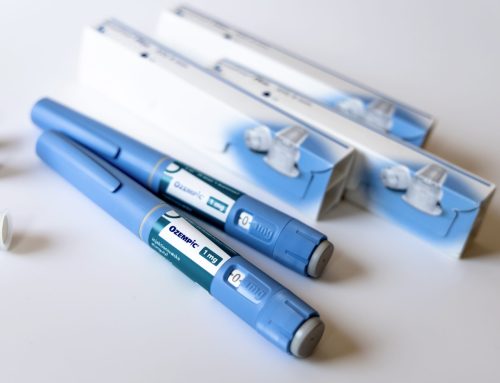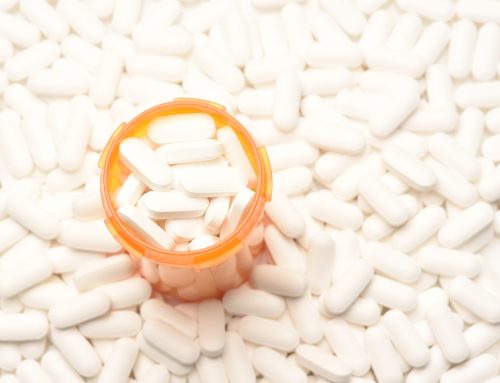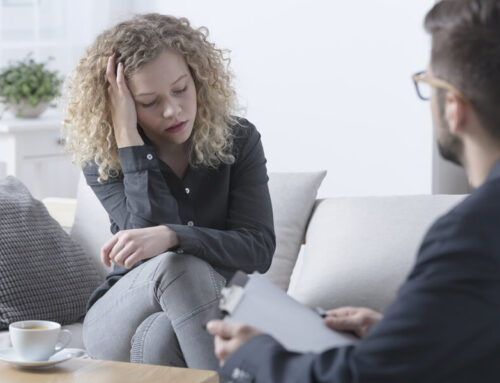
Painkiller abuse has become increasingly common in recent years as the opioid epidemic has spread across the nation. It can be hard to recognize when a loved one is engaging in opiate abuse. Keeping an eye out for the most common warning signs and effects of painkiller abuse is important. Understanding whether loved ones are struggling with addiction and how you can connect them to sources of quality support could determine the direction of their life.
Learn more about painkiller addiction treatment by calling [Direct].
Warning Signs of Painkiller Abuse
Prescription painkillers have increasingly become responsible for addictions in the 21st century compared to other drugs. That is due to multiple factors, such as their easy availability, the tendency for them to be overprescribed, and their ability to create physical tolerance in users when used for an extended period of time. Recent awareness, education, and guideline shifts have all helped to reduce the prevalence of painkiller abuse, though it remains considerably widespread.
Numerous risk factors influence people when it comes to painkiller abuse. These can be more overarching, such as genetics, family histories of substance abuse, and environmental factors. They can also be more specific. For instance, opiate abuse and addiction is higher among heavy tobacco users and people below the poverty line. Common warning signs related to painkiller abuse include:
- Taking opioids outside of their prescribed use, especially when it is not in response to pain
- Mood changes, especially a pattern of excessive swings from aggression to euphoria or vice versa
- Disruptions in sleep
- Shopping around to multiple doctors to get new prescriptions for pain medication
- Sneaky or deceptive behavior, like losing medication or asking to borrow medication from a loved one
Many people who notice or recognize opiate abuse in a loved one fear speaking up or bringing attention to it. However, the problem is unlikely to go away if unaddressed. In fact, the chances of achieving recovery increase when friends and family refuse to sweep the problem under the rug. People struggling with addiction still need love, care, and support. What they do not need is constant conciliation or an acceptance that addicted behavior is somehow OK.
Physical Signs of Opiate Abuse
The previous section overviewed some of the common behavioral warning signs of painkiller abuse. Regular users also typically display obvious physical signs of opiate abuse that also indicate the presence of an addiction. These range from visible needle marks along the arms to constricted pupils to flushed skin. Opiate abuse can also cause weight loss, constipation, and vomiting. Noticing multiple physical signs within a short space of time may indicate a need for treatment.
The benefits of treatment are not just immediate and short-term either. Opiate abuse can have devastating long-term health consequences. Long-term impacts of opiate abuse are chronic constipation, mental health disorders, liver damage, and vein damage if a user took the drug intravenously. Seeking treatment for an opioid addiction sooner rather than later can ensure long-term damage to the body is avoided.
Opioid Addiction Treatment
Addiction isn’t a life sentence. Healing and recovery are possible for everyone. Once you recognize painkiller abuse in loved ones, get them connected to treatment as soon as possible. Addiction treatment programs start clients off with a medically-supervised detox. Conducting this process under supervision is vital as opioid withdrawal can be difficult and involve severe side effects.
Once detox is complete, people enter an extended phase of either inpatient or outpatient treatment that relies on medication, therapy, and wraparound services to produce transformational outcomes. Opioid addiction can be overcome. Reach out to Georgia Addiction Treatment Center at [Direct] to connect your loved one to exceptional addiction treatment.




